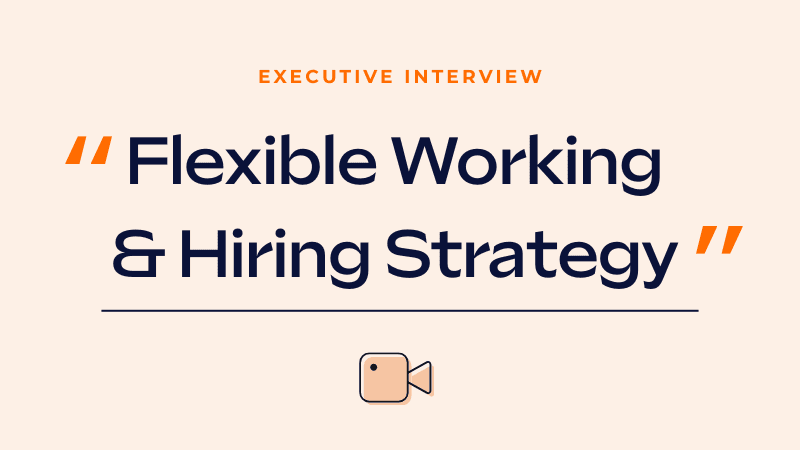Career Advice
Receive expert career advice to help you navigate your professional journey, develop essential skills, and achieve your career goals. Explore tips on career growth, personal branding, and staying competitive in a fast-evolving job market.

Optimizing Your Supply Chain Resume for AI and Human Decision-Mak...
Your supply chain resume must work for two audiences: AI screening tools and human recruiters. Learn how to build a strong resume that's easy for algorithms to interpret and compelling for hiring teams.

Supply Chain Careers in 2026: Market Trends and Skills in Demand
Learn about the market developments influencing supply chain hiring decisions across global markets in 2026, reflecting long-term investment in technology, capability development, and organizational resilience.

How to Make Your Supply Chain Profile Stand Out in 2026
Stand out to potential employers by learning about the three core areas hiring managers are prioritizing in 2026, and how you can highlight them effectively.

Why Commercial Services Roles in Supply Chain are a Smart Career...
Commercial supply chain roles now drive revenue and strategy. Learn why they’re in demand and how to position your skills for commercial impact.

How Flexibility is Redefining Supply Chain Workforce Strategy
Watch as Matthew Wood shares how flexibility, AI and changing expectations are reshaping workforce strategy in Europe's supply chain industry.

Beware of Recruitment Scams: What You Need to Know
Learn how to spot and avoid recruitment scams targeting professionals in the supply chain industry.

What to Do When You Receive a Counter Offer
There are a multitude of factors to consider and questions to ask when presented with a counter offer. This guide will help you weigh the pros and cons to ultimately help you make the best decision for you and your career.

Supply Chain Planning Lessons from the New Administration
Discover key supply chain lessons from recent U.S. trade policies and learn how businesses are adapting through strategy, talent, and resilience.

In-Demand Skillsets Across Europe's Supply Chain
This interview with Matt Wood, Managing Director for Europe, dives into the top three skillsets currently in-demand from businesses across Europe's supply chain.
Let’s talk talent
Need the right talent for your next hire, or guidance on your people strategy? Leverage our experience to help you and your business today.
Advancing your career
Want to be one step ahead in your career? Our industry experts have the relationships and global reach to realize your full potential.
